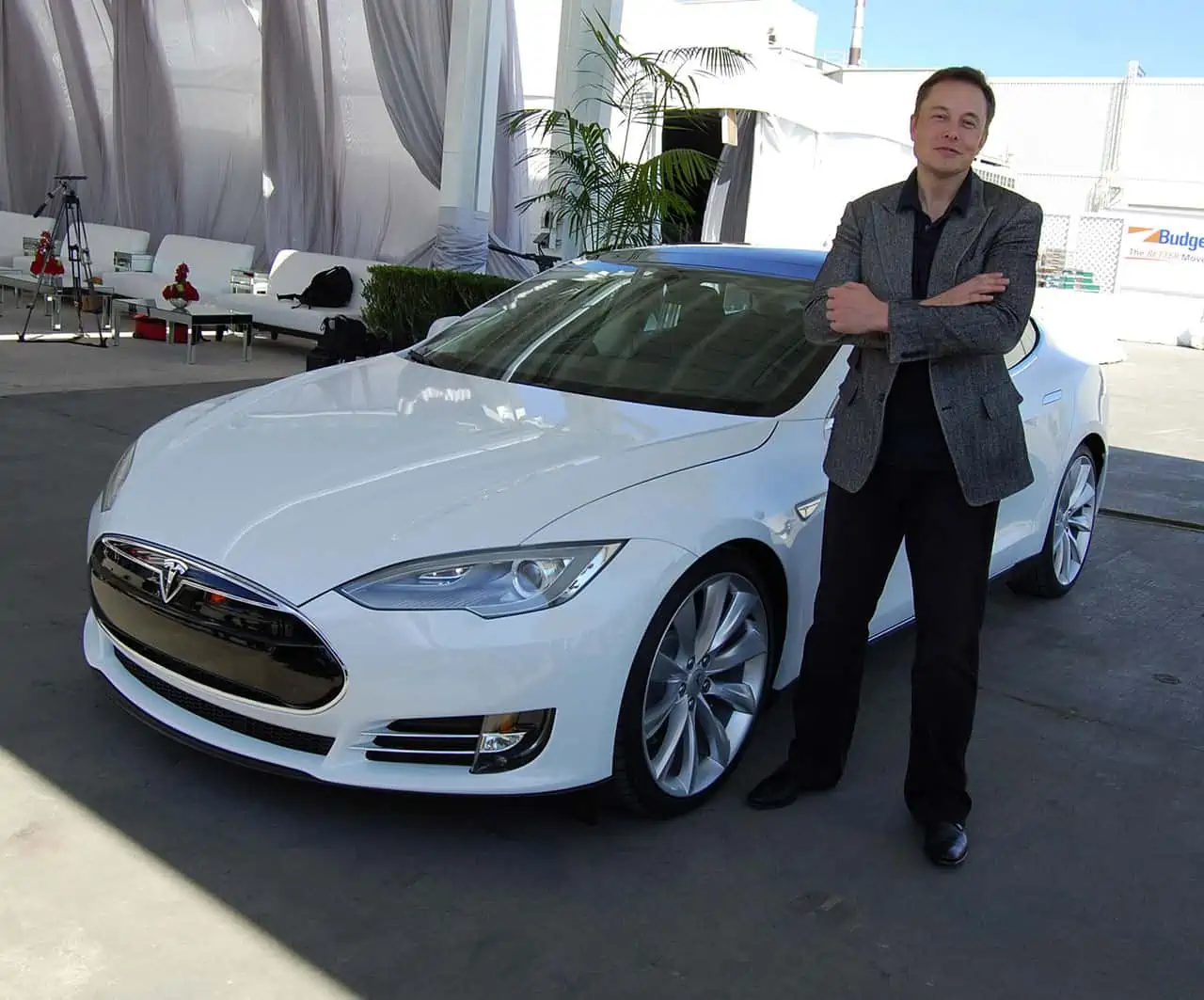Most peoples’ first thought about electric cars is that they can’t travel very far on a single charge. This used to be true, but with advancements in technology this is now a myth. Current electric cars like the Tesla Model 3 and Jaguar I-Pace have a reported range of 470 km. That’s ample distance to drive considering an average daily commute to work and back ranges anywhere from 20-50 km. It’s also further than my Opel Adam can drive on a single tank of fuel so there’s little argument to be had over distance.
Electric vehicles are hugely limited by their source of power, the battery. A battery can only hold so much energy and electric car manufacturers have to optimize their cars to take advantage of every energy saving technique they know. One such technique involves regenerative brakes which charge the battery as you bring your car to a stop. The concept is similar to that of hydropower, but instead of water generating power, the momentum of your car, in conjunction with your brakes, generates charge and puts it back into the battery/
These energy saving techniques don’t solve the bigger issue, which is the battery itself. This may change soon because the battery industry is seeing some big changes happening with new technological breakthroughs. Current batteries use a liquid electrolyte. This “wet” material generates heat as the current passes through it and in some instances this can cause a fire. One notable incident that saw Samsung hit the news headlines was the faulty batteries in their Galaxy Note 7 which caused a number of fires and was eventually discontinued completely.
Scientists are looking at using solid conductive materials such as a polymer or ceramic, which has numerous benefits over liquid electrolytes.
Considerably lower heat generation
Electric cars will greatly benefit from this because they can do away with the cooling systems used to cool current batteries. This leaves more space for a bigger battery and the energy that would have been used to power the cooling systems can now be used to power the car instead.
Non-flammable
Current batteries generate a lot of heat, which is the reason fires like those of the Galaxy Note 7 happen. Solid-state batteries generate little to no heat and the materials used are non-flammable. They can function at temperatures of up to 100 degrees Celsius all the way down to -30 degrees.
Higher Capacity
Because solid-state batteries use dense materials for their electrodes, they can store more energy than current lithium-ion batteries. Current lab tests show that replacing the traditional graphite electrode with a lithium electrode can increase capacity by 2-3 times current capacity. That’s a massive increase that could see cars like the Jaguar I-Pace go from a max range of 470 km on a single charge to 1410 km. This would make electric cars substantially more viable than they currently are.
Quicker Charge Time
Charging an electric car can take up to 12 hours using conventional means. The time to charge is reduced when charging from a “fast-charge” point but even then, it still takes a few hours to charge. With solid-state batteries this would take between 30 minutes and an hour. And because solid-state batteries are still in the research and development stage, we could see batteries that charge in seconds when released to the mass market.
Longer Lifespan
Current batteries are notorious for having short lifespans. Think of your cellphone. After two years it struggles to get through an entire day on a single charge. This is because the constant charging and discharging erodes the performance of the battery. With solid-state batteries the erosion happens far slower, which means the battery can have up to a 10 year lifespan as opposed to the 2-3 year lifespan of current batteries. In terms of charge cycles, current “wet” batteries have roughly 1000 charge cycles before they start showing capacity loss. Compare this to solid-state which has up to 40 000 charge cycles.
Conclusion
Solid-state batteries are going to have a major impact on our lives. The greatest impact will be seen in the vehicle industry. Electric vehicles will see an accelerated adoption by the public mostly due to the increased range on a single charge. Car insurance will become cheaper because there’s no risk of your car’s battery exploding or catching fire. This technology will have a ripple effect into other industries and the positive effects of this new technology will improve our everyday lives.

